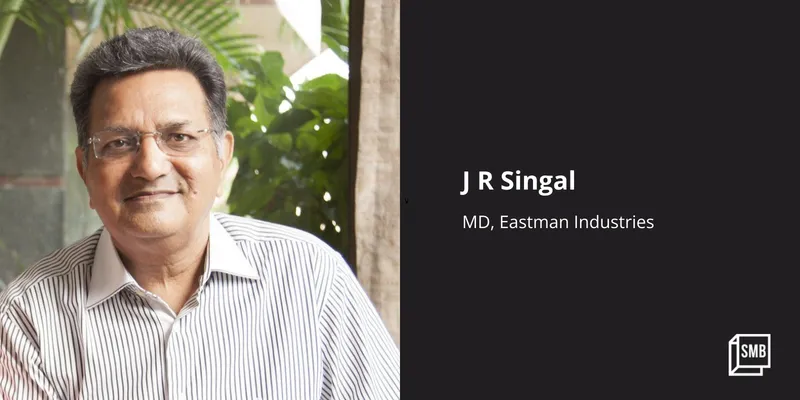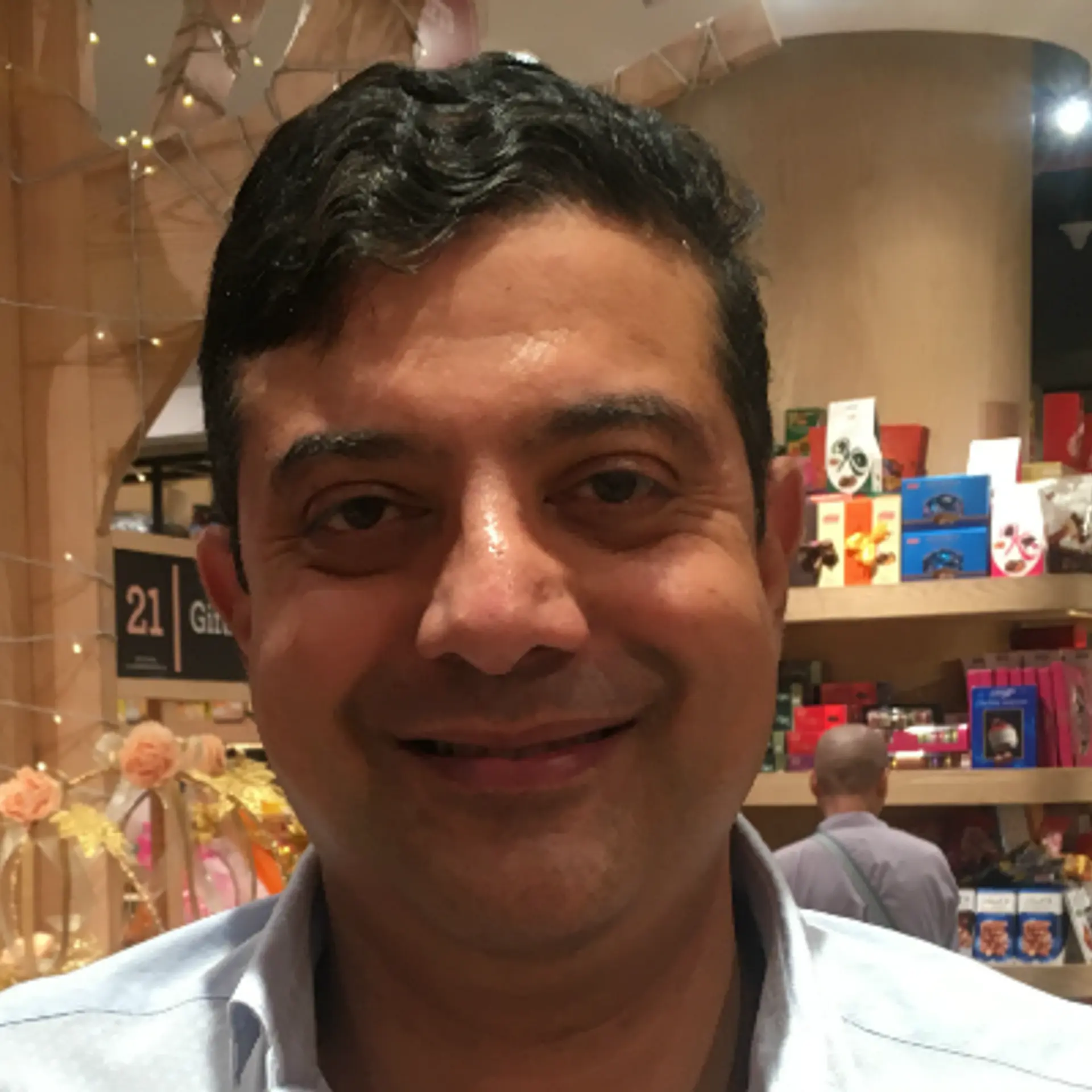Started with Rs 25,000 family loan, this company is now Rs 4,000 Cr enterprise
Eastman Industries today manufactures multiple products such as bicycle parts, hand tools, power tools, batteries and even parts for tractors.
Hailing from a family that was traditionally in the textile business in Ludhiana, J R Singal had the urge to do something different. His drive to establish his own business led him to manufacture bicycle components—a venture now turning into a Rs 4,000 crore enterprise.
Eastman Industries, the Ludhiana-based multi-segment manufacturing company, was founded in 1970 to make rubber brakes for bicycles. Founder J K Singal later expanded the business worldwide by seeking opportunities in every crisis.
In a conversation with SMB Story, Singal says he went into his family’s traditional textile business after his graduation, and over two years, he learned the fundamentals of running a venture.
However, Singal wanted to do something different and a relative suggested he start manufacturing bicycle parts. The family gave him a loan of Rs 25,000 to start his own business. He also got in touch with a Mumbai-based exporter who used to regularly visit Ludhiana.

Pedalling for health, Chennai startup Voltrix Mobility's electric bicycles focus on tech
The start for Singal was a disaster as goods worth Rs 75,000 were ready to be shipped for export but the exporter canceled the order.
Singal was not an individual who would be disheartened by the turn of events and within two days, he landed in Thailand where his order was supposed to be shipped. He managed to go around and meet with all the potential buyers where he showed them the sample of his product. At the end of the trip, he had managed to get orders worth about Rs 5 lakh.
Singal says, “I am somebody who finds opportunity in every challenge.”
Expansion
The next stop for Eastman Industries was Iran. Here also, things didn't go as planned, given that the company’s first order saw a mishap on the coast of Oman. Once again not disheartened, Singal landed in Tehran, the capital of Iran—a place where English was rarely spoken.
Despite this, he managed to meet various businesses who wanted bicycle parts. Singal had no sales pitch but wanted to understand that market. He saw their products and promised them that Eastman Industries could bring in further innovation.
Singal managed to get orders from Iran where he sold the products at competitive rates.
Eastman Industries later expanded into the North African market and this was due to their participation at a fair in Germany where it evinced interest from these buyers. Not satisfied with these geographies, the company decided to tap into the South American market.
It also helped Eastman Industries that it received a grant from the World Bank for product innovation.
“Customers will never pay for your inefficiency and there must always be a value proposition,” Singal says.
In South America also, Eastman Industries managed to garner a sizable amount of business.
Quality focus
On this entire journey, Singal says “We never compromised on the quality of our products and were constantly innovating.”
This business growth also saw Eastman Industries expanding its supplier base and understood that if it wanted to have a good relationship with suppliers then it should shorten the credit cycle. The company paid its suppliers within 15 days, unlike the traditional practice of around 45 days.
In this phase of growing business, Singal was smart enough to realise that slowly his customers would come to know who his suppliers were and how he went about manufacturing these parts.
This led to Eastman Industries getting to China to set up a manufacturing plant. Singal says the rationale was to manufacture those parts in China which was not possible in India and vice versa.
Eastman Industries also made bicycles for the European market, a region where there are high standards of quality.
Diversification
Eastman Industries also started diversification of its business and started manufacturing motorcycle parts—rearview mirrors. At the same time, the company started venturing into the domestic market.
Singal says, “The export market is lucrative but there is no brand value for the company while in the domestic market it is the opposite.”
This led Eastman Industries to make batteries that are used by electric three-wheelers.
Today, Eastman Industries’ business spans bicycle parts, hand tools, power tools, batteries and even parts for tractors. The company exports to 64 countries.
Now Eastman Industries is deploying the technology on a large scale where it wants to automate a lot many processes in the company. Also, it is implementing global management principles that can eliminate all kinds of wastages during production for better profitability.
Singal is also someone who treats cash flow as a sacrosanct for any business. “At any given point of time one should have cash in hand,” he remarks.
On the reasons for Eastman Industries being successful, Singal says “We always focused on corporate governance and for us compliance with laws is very important in whichever country we operate.”
Edited by Affirunisa Kankudti







